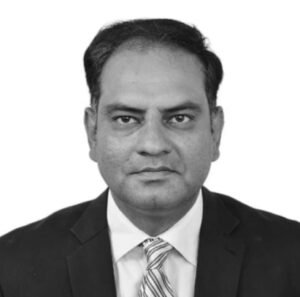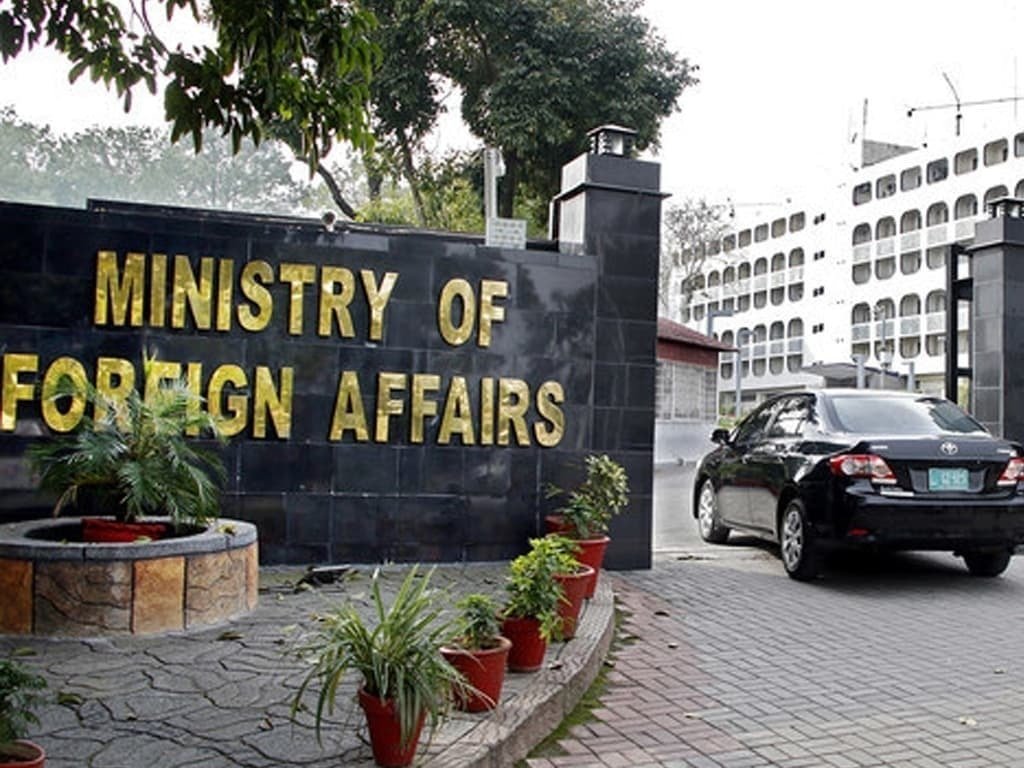
By: Ali Azam
In the bustling streets of Karachi, the corporate towers of Lahore, and the government offices of Islamabad, a quiet crisis is unfolding—one that few talk about but many endure. It is the mid-career crisis, a phase where professionals, once driven by ambition and dreams, find themselves questioning their path, their purpose, and their future.
For many Pakistanis, reaching their 40s brings not just the pride of stability but also the gnawing pain of “what ifs.” “I wanted to be an artist, but I became a banker.” “I dreamed of starting my own business, but I stayed in this safe job.” These are the whispers that haunt mid-career professionals. The pressure to conform to societal expectations—financial security, family responsibilities, and societal approval—often forces individuals to abandon their passions. By the time they reach mid-career, the weight of those unlived dreams becomes unbearable.
In Pakistan’s competitive job market, many professionals spend decades climbing the corporate ladder, only to find that the top feels hollow. The initial thrill of promotions and pay rises fades, replaced by monotony. Meetings, deadlines, office politics—the cycle repeats, leaving many wonderings: “Is this all there is?” The emotional toll is immense. Burnout, anxiety, and a sense of stagnation creep in. Yet, in a culture where discussing mental health is still taboo, many suffer in silence, putting on a brave face while crumbling inside.
For some, the answer seems simple: “Quit and follow your passion.” But in Pakistan’s economic reality, where job security is fragile and social safety nets are weak, taking risks is a luxury few can afford. A mid-career switch could mean financial instability, societal judgment, and the terrifying prospect of failure. “At 40s, who will hire me in a new field?” “What if I fail and can’t provide for my family?” These fears paralyze even the most ambitious souls.
But in my opinion, about mid-career struggles, the meaning can be rediscovered without drastic changes. It begins with shifting perspective. Even routine jobs have an impact. A teacher shapes futures, a banker enables dreams, a doctor saves lives. Recognizing this can be a reignite purpose. Instead of chasing only big achievements, find joy in the process itself—the daily interactions, small wins, and personal growth matter. You don’t have to quit your job- painting, writing, or mentor. Side projects can breathe new life into your routine.
Pakistan’s workforce needs more than just job opportunities—it needs emotional support. Companies should foster mentorship programs, mental health resources, and flexible career paths. Families and society must stop stigmatizing mid-career shifts. Most importantly, those suffering must know they are not alone. It’s okay to question, to feel lost, and to seek change—even if that change is internal.
Midlife is not the end; it’s a crossroads. For Pakistan’s professionals, the crisis is real—but so is the potential for renewal. The question is not “What could have been?” but “What can still be?” Because sometimes, the second act is even more meaningful than the first.




